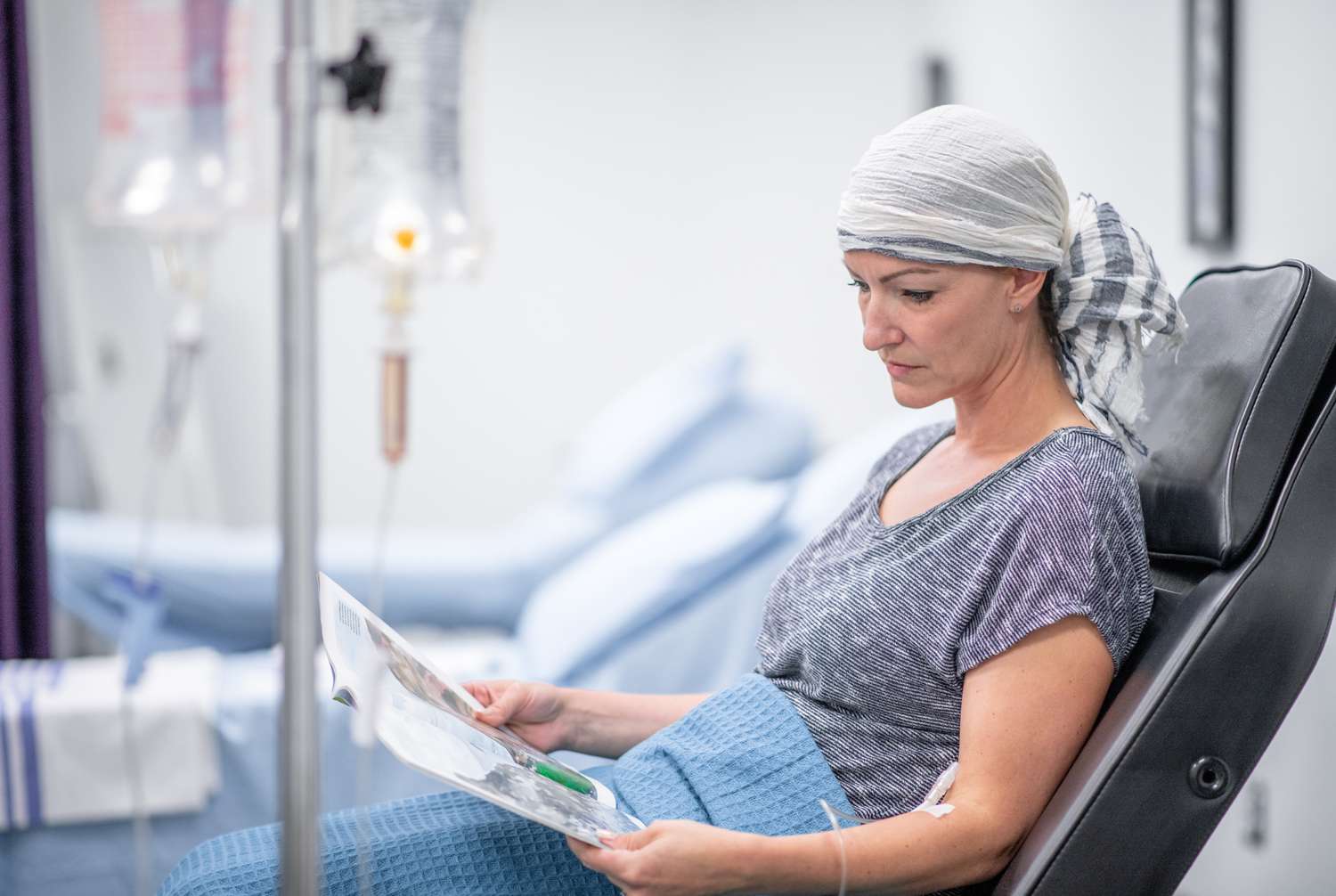- Avoiding certain foods and substances can mitigate risks and improve overall well-being.
When it comes to battling blood cancer, it's not just about relying solely on medical treatments and therapies. It's about taking control of our lives and making conscious choices that can significantly impact our well-being.
While there are no guarantees, there are certain things that blood cancer patients should avoid to give themselves the best possible chance at a longer and healthier life. By steering clear of specific dietary habits and lifestyle choices, we can tip the scales in our favour and fight against this relentless disease.
So, if you or someone you know is battling blood cancer, pay attention to these critical factors, which can make a world of difference in your path to recovery and enhanced quality of life.
1. Dietary Choices
Moderate the consumption of certain foods to enhance longevity potentially. Research has found that red meat, for example, is rich in saturated fat, which has the potential to raise blood cholesterol levels and heighten the risk of heart attacks.
Read More
Therefore, limiting red meat intake can be beneficial.
2. Alcohol Consumption
Excessive alcohol intake can strain the bone marrow and potentially lead to marrow cancer. It is essential to be aware of the impact of alcohol on the body, especially for individuals with blood cancer, and consider reducing or eliminating alcohol consumption.
3. Smoking
Smoking introduces harmful chemicals into the bloodstream, affecting the entire body and respiratory system. It is a well-known cause of various types of cancer. For the sake of our overall health, quitting smoking altogether is strongly recommended.
4. Sugar Intake
High insulin levels have been associated with cancer development. It is, therefore, prudent to be cautious of consuming an excessive amount of sugar, as it can potentially contribute to elevated insulin levels and potentially increase the risk of cancer.
5. Salt and Processed Foods
Diets rich in salt-preserved foods, such as salted vegetables and dried fish, have been linked to increased stomach and nasopharyngeal cancer risk. Similarly, consuming processed foods, such as salted and fermented meats, can raise the risk of colorectal cancer.
Reducing the intake of such foods can help maintain a healthier lifestyle.
Both blood cancer patients and the general population must be mindful of their lifestyle choices. Avoiding certain foods and substances can mitigate risks and improve overall well-being.










